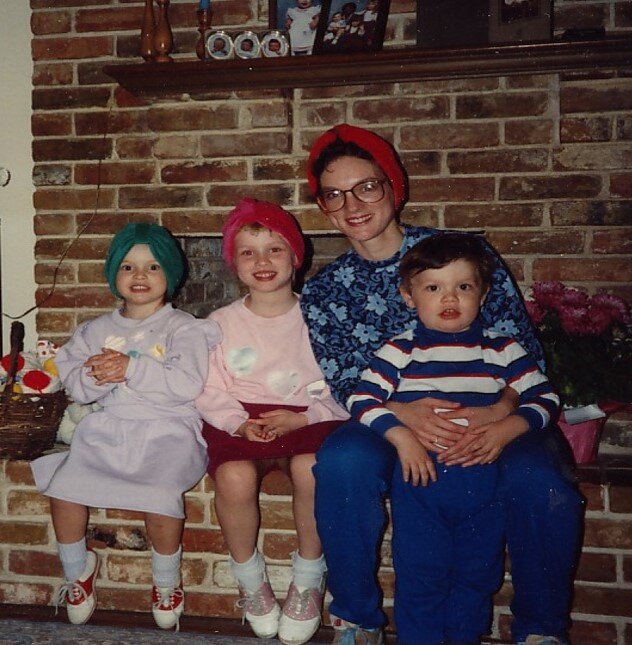Raising children while dealing with your (or your partner’s) illness presents great challenges. One of the first difficult tasks is telling your children the news. It helps to stay focused on the mission: to help your children through the crisis of your illness.
My children were 1, 3, and 5 years old when I was first diagnosed with a type of cancer with no known cure. Over the years, I had to share news about recurrences and setbacks. Here’s what I learned.
Sharing the diagnosis empowers both you and your children.
You are empowered to guide them to healthy, hopeful ways of understanding what’s happening with you, the family, and each of them.
Your children are empowered by knowing healthy, hopeful ways to respond to the changes and losses, after you’ve taught them about living with family illness.
Remembering the three primary goals of the discussion helps:
To present the fact of your illness in a truthful, hopeful way
To establish and maintain open communication
To reassure your children that their needs will be addressed
Preparing for the discussion makes the task less daunting. Here’s one approach:
Choose the setting: Find a time and place with minimal distractions, preferably when they are not hungry, tired, or about to go to sleep.
Provide warning linked to hope: “I’m going to tell you news about something that’s going to cause changes at home—changes we will deal with together.”
Say the diagnosis: “I have an illness called….” Even if you struggle with the pronunciation, naming your illness makes it less scary. It prevents them from learning it from someone else in a less hopeful or helpful way.
Prepare them for changes: “The strong medicine is going to make me bald for a while. I’m going to have to stop working for a while. I’m going to be in the hospital for a while.”
Reassure them that their needs will be tended to: “Aunt Susie will be taking you to practice some days. We will reschedule your birthday party—and it will be a fun time.”
State clearly that cancer is not contagious: “You cannot catch my cancer. It’s like Jimmy’s broken leg and Grammy’s arthritis.” (Then quiz them, “Can you catch my cancer?”)
State clearly that the illness is not their fault: “Nothing you ever said or did or thought caused this cancer. Nobody caused my cancer. We don’t know why it happened, but we know how to treat it.” (Then quiz them, “Did anyone do anything to cause my cancer?”)
Conveying a spirit of hope is a healing way to conclude the information part of the discussion. Share hopeful facts, as well as your own hopes, such as…
“I’m getting great care from my terrific doctors who are working hard to get me better.”
“I will do everything I need to do to get better.”
“I’m hopeful of getting well again.”
“Things may be tough at times, but we can and will get through this together.”
“Your job is to keep growing, learning, and doing the things you love to do.”
“I’m hopeful this unwanted illness will make our family even stronger.”
Opening the discussion for their reactions and questions is vital for establishing open communication. In a future post, I’ll delve into the challenges of addressing children’s reactions and questions. In the meantime, if you remember only one thing, remember this:
The greatest gift we can give our children is not protection from the world,
but the confidence and tools to cope and grow.
(from When a Parent has Cancer)
Sharing the truth sets you free,
even if it upsets you while you share it
and upsets your children when they learn it.
(adapted from Healing Hope)
We welcome your comments! SEE COMMENTS UNDER COMMENT BOX (below)
Subscribe here for e-notifications of new posts. Privacy Policy: We collect only your name and email address—
and we do not share with anyone. You may unsubscribe easily at any time. For archives of older posts, click here.
Playing with turbans before Mommy loses her hair from chemotherapy

